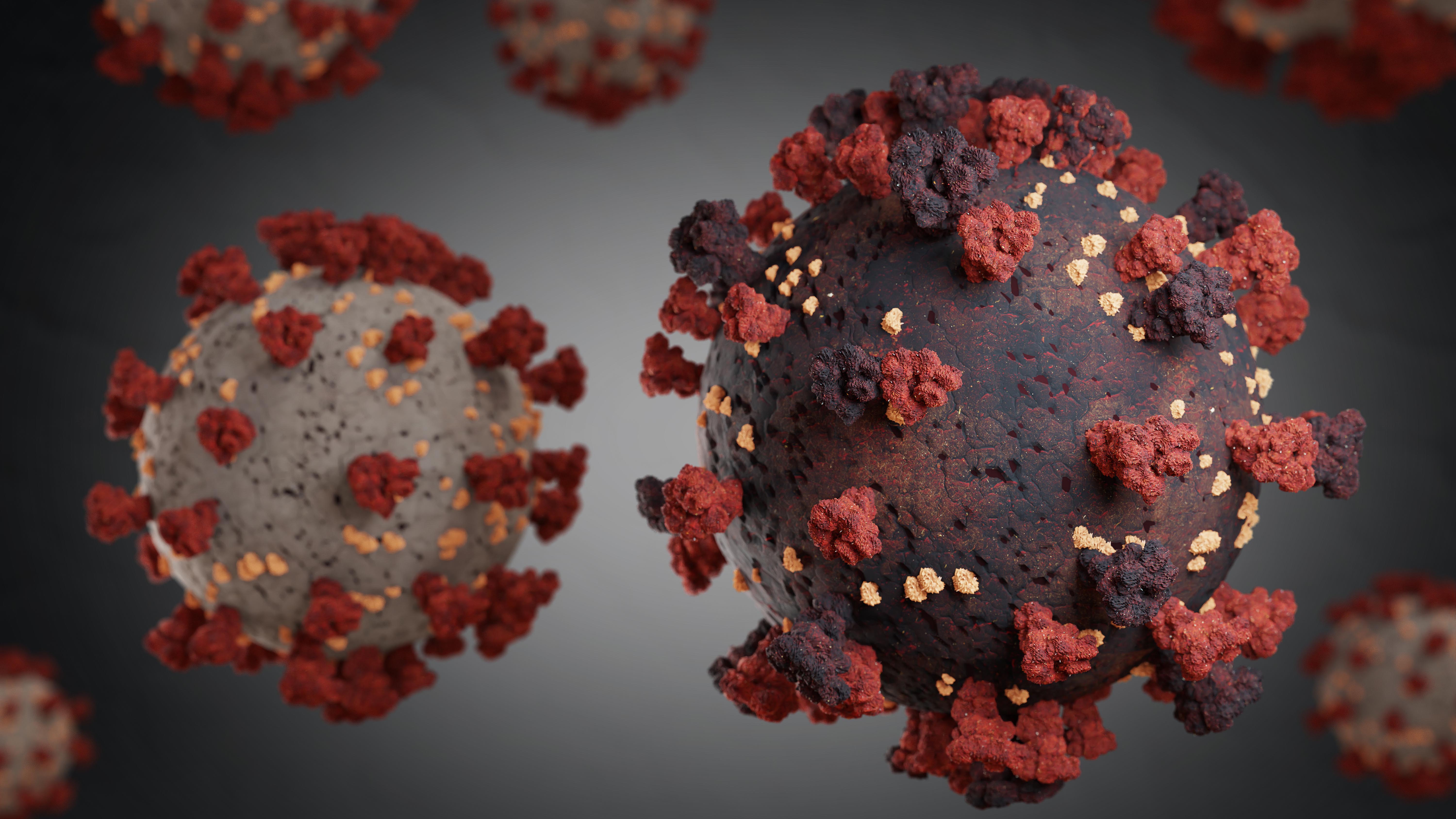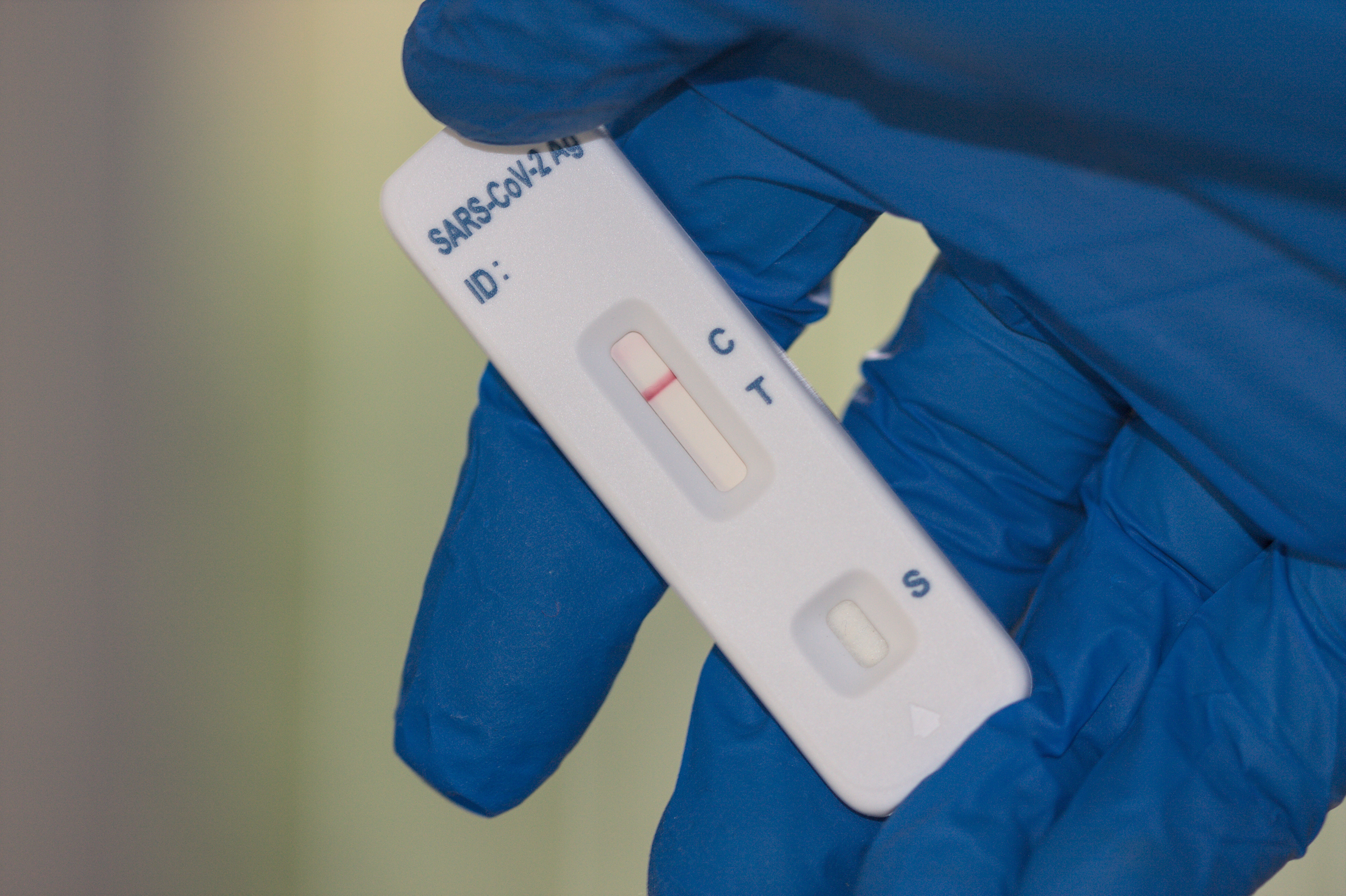A new hybrid COVID variant known as XE spreading in the United Kingdom is making headlines as a so-called "Frankenstein" variant, but according to one Chicago expert, that nickname is misleading.
The XE variant is a recombinant, meaning it has parts of two different variants rearranged into a new virus, which in this case are BA.1, the original strain of omicron, and BA.2, known as "stealth omicron."
"So somebody at some point got infected with both of those strains. And then, while this person was infected with both strains, the viruses recombined, meaning when they were replicating, they just sort of exchanged some genetic information and put produced an entirely new virus called recombinant," said Hannah Barbian, a genomic epidemiologist at the Regional Innovative Public Health Lab at Rush University Medical Center.
Recombinant variants themselves are not out of the ordinary, according to health officials.
Feeling out of the loop? We'll catch you up on the Chicago news you need to know. Sign up for the weekly Chicago Catch-Up newsletter here.
"Recombinants happen naturally with viruses quite often, actually," Barbian said. "So I think Frankenstein is maybe a little misleading in that it suggests some kind of, you know, like, manmade type of origin, but recombinant viruses are just a natural process in viral biology."
XE was first detected in mid-January in the United Kingdom, where more than 600 cases have been reported since, according to the UK's Health Security Agency.
According to the Chicago Department of Public Health, a handful of XE cases have been reported outside the U.K., including in the U.S., but none have been reported in Chicago or Illinois.
According to the Centers for Disease Control and Prevention's website, XE isn't currently being monitored by U.S. epidemiologists nor has it been labeled as a "variant of interest" or "variant of concern."
WHO said it will continue to study recombinants and provide updates as further evidence becomes available.
So far, no cases of the XE variant have surfaced in Chicago or Illinois, according to health officials.
Still, XE might be the fastest-spreading strain yet, according to preliminary research, but studies are underway to determine the exact contagiousness of the variant.
Early growth rates of the variant weren't significantly different from BA.2, the UK Health Security Agency initially said. However, in an update on March 25, health authorities revealed more recent data showed XE had a growth rate of 9.8% above BA.2.
"We're still sort of waiting to see if there's a true growth advantage for this virus," Barbian said.



